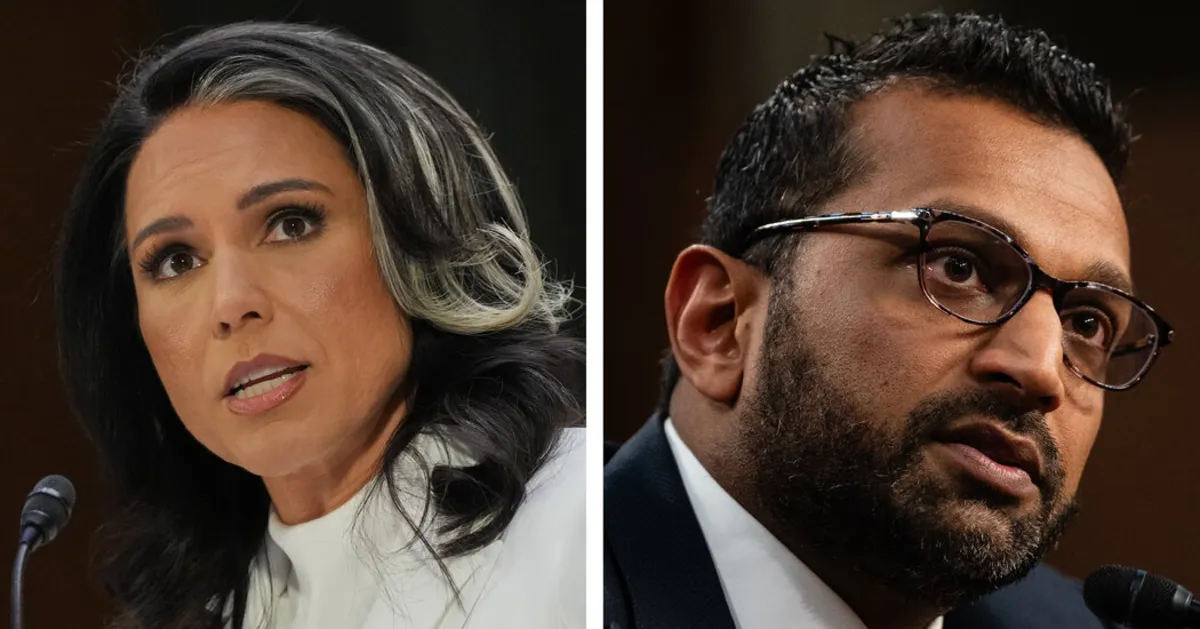
On a notable evening in the East Room of the White House, F.B.I. Director Kash Patel found himself in a crucial discussion with Tulsi Gabbard, the Director of National Intelligence. This meeting occurred shortly after Elon Musk issued a controversial threat to fire federal employees who failed to provide a weekly email detailing their work activities. The two officials strategically sought a private corner during a dinner event honoring the nation’s governors to deliberate on the implications of Musk’s directive.
As they conferred, Patel and Gabbard recognized a significant dilemma: adhering to Musk’s order could potentially expose national security secrets and other sensitive information. This concern was underscored by discussions with three individuals familiar with their conversation. While both officials supported Musk’s overarching objective of reducing the size of the federal workforce, they acknowledged that they could not permit their staff to comply with the directive without risking serious repercussions—both for the employees and the administration itself.
The ramifications of Musk's threat rippled through the upper echelons of the government. Gabbard engaged in discussions with John Ratcliffe, the C.I.A. Director, while chiefs of staff and senior personnel officers within the Defense Department and other agencies held urgent consultations regarding how to approach the situation. Meanwhile, managers across the nation faced a deluge of anxious inquiries from employees concerned about job security and the potential for being fired.
Cabinet secretaries from major agencies found themselves in a precarious position, trying to navigate Musk’s directive without jeopardizing their staff's welfare. Over the weekend, several secretaries and senior officials handling sensitive matters placed multiple calls to the White House, seeking clarity and guidance on how to proceed. The lack of clear direction from the president's most influential adviser only heightened the sense of urgency among government leaders.
In a decisive move, Director Patel became the first to publicly challenge Musk’s request. He communicated via email to the bureau, asserting, “The F.B.I., through the Office of the Director, is in charge of all of our review processes and will conduct reviews in accordance with F.B.I. procedures.” He emphasized the need to pause any immediate responses until further information could be coordinated, thereby asserting the bureau's autonomy in managing sensitive information.
The unfolding situation emphasizes the delicate balance government officials must maintain between adhering to directives from influential figures like Musk and safeguarding national security protocols. As this story develops, the implications for both the federal workforce and national security remain significant.